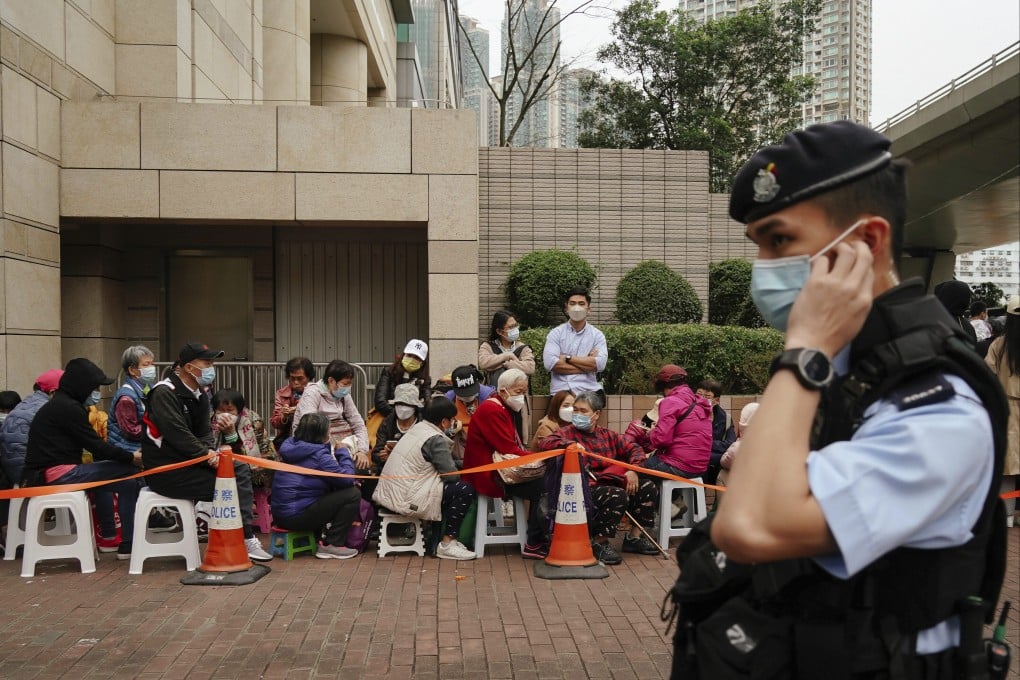Opinion | Suspects on police bail are disappearing down a black hole
- Reports are emerging of suspects being kept on bail for very long periods, sometimes years
- This is absurd and the mental pressure these individuals face is an unacceptable form of punishment, given they have not been convicted of any crime

A black hole is a region of space time where gravity is so strong that nothing, including light and other electromagnetic waves, has enough energy to escape it. Astronomical pioneer John Michell first speculated about the existence of such a phenomenon in the 18th century.
I wonder what he would say if he knew that Hong Kong had created a black hole in our policing procedures. I am referring to the system of granting police bail, provided under section 52 of the Police Force Ordinance.
When an individual is arrested, he or she is deprived of a measure of freedom. That person is stopped from going about their normal life. Such an act is therefore very serious in Hong Kong or any other common law jurisdiction for that individual, but can be justified in the wider public interest if there are strong grounds to suspect the arrested person is involved in a crime.
There are several possibilities for what happens next. The most straightforward is if the evidence in police possession is sufficient to justify the immediate laying of charges. The suspect must be brought before a court of law within a reasonable time (generally 48 hours) and a member of the judiciary takes over the monitoring of the case.
